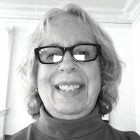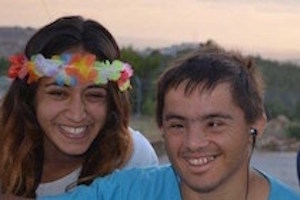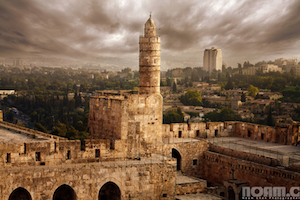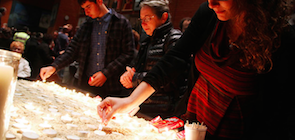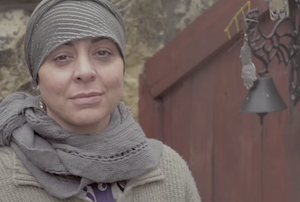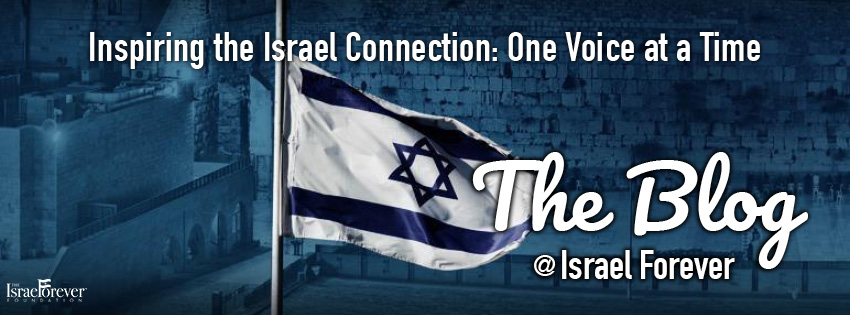A Uniquely Israeli Welcome
By Irene Rabinowitz
Once, years ago, I mentioned to my mother, who was in her early eighties then, that time seemed to be zipping by. She said “Just wait.” And as usual, she was right.
Here, in Jerusalem, I think about time and how the past six months have sometimes seemed to fly by and sometimes to have been in slow motion. During this tiny portion of my six decades time alive, my world has been renewed in ways I would not have expected this late in life.
Israel used to feel so far away to me, but each time I visited it crept closer to my home in Massachusetts, until it was sitting in my living room telling me it was time. And so it was.
After spending part of the winter in Jerusalem early last year, I came for good in 2014 making aliyah in November. The planning process was orderly and, with help from Nefesh B’Nefesh and the Jewish Agency, less onerous than I once thought. Although also a bureaucratic process, aliyah is definitely a journey of the heart and spirit. A dose of pragmatism is good, but this is more about an internal, and eternal, yearning.
Leaving friends and my brother in the United States was not easy. Leaving the small town I had lived in for almost thirty years was not easy. But seeking a more Jewish life here, in our homeland, in the place where our history began four thousand years ago, is easier than it might seem.
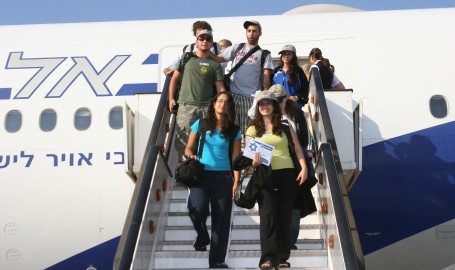
And since I have been here? There are highs and lows. There are moments when the lack of family here or closest friends is jarring. But those moments lessen as time goes on.
There is something uniquely Israeli about how olim chadashim are welcomed here, unlike how new immigrants are, or are not, welcomed elsewhere in the world. And are we immigrants? Or are we leaving countries where our families (and maybe some of us) had gone after emigrating from places that our descendants had settled after the dispersion two thousand years ago?
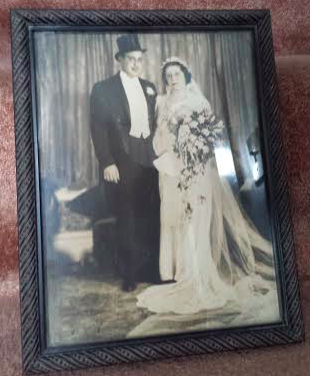
We left from places that were never really homelands to other places that are equally not homelands - places where we were guests, quite often unwanted guests. And for some Jews, their descendants covered much ground during our exile, traveling from place to place when being “the other” became too dangerous to stay.
Both sets of my grandparents left Russia for the United States in the late 1890s and both of my parents were born in New England. It’s the story of thousands upon thousands of Jews.
Unlike Irish or Italian first or second generation immigrants with whom I grew up and who celebrated their heritage, my family was anything but interested in celebrating the culture in Russia that they left. Speaking Yiddish, there was nothing really Russian about them. They were Jews, not Russians.
Now, as I walk the streets of Jerusalem, I see hundreds of people from the same genetic line with familiar faces.
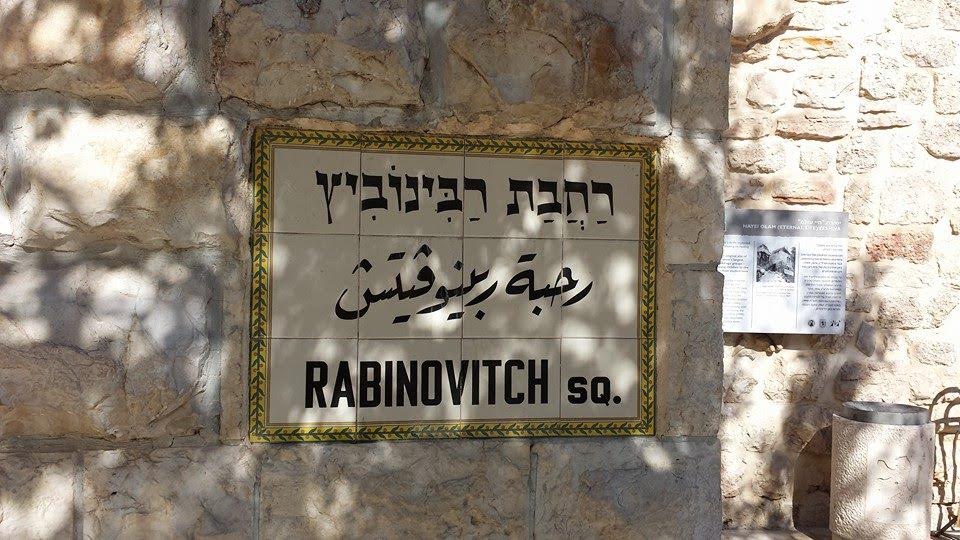
I see my father’s face if he had lived past forty-seven years old. There is a woman in my synagogue who has the same features as my mother, of blessed memory, who died at ninety-one in 2008. Our exact bloodlines might not be the same, but we all came from there, the place of exile, to this homeland destined to be ours...
Maybe therein lies the answer to the Israeli phenomenon of instant family.
After negotiating to purchase a coffee table online, the owner’s mother (he is an IDF soldier with a new wife) borrowed a car from her son’s boss (I think I got that right) to bring me the table. When I tried to kick in for the cost of gas, she answered shrugging, saying “olah chadasha…you came, I help”. A woman with a baby in a stroller helps me with paperwork at city hall; when her number is called, she hands me the fussy baby and says “hold him” and I do for the fifteen minutes that she is with the clerk. A stranger invites me for Shabbat lunch asking if I can speak with her British in-laws about making aliyah as an older person. More than a year ago, while I was alone in Jerusalem filling out aliyah paperwork online, a social media acquaintance invites me for Shabbat and becomes a friend…sharing her family’s Purim with me this year and checking to make sure I was all set for my first Pesach here. And so much more.
Again, it is not always easy. There have been Shabbats spent alone and there have been times when language limitations are frustrating.

But never, never did I doubt whether I was meant to be here or second guess my decision. Never did I think that the desire to live a more Jewish life in this amazing country should not have been fulfilled. And as we read the Torah parsha each week in synagogue, the year passes by and I look forward to the completion of a full cycle, my first, here in Jerusalem.
The gift of aliyah and our right of return to this homeland, this Jewish nation, is not to be taken lightly but that does not mean that this is not a joyful experience. It is. The joy comes from a solitary walk to the Kotel or a moment with a friend listening to street musicians at Zion Square. Or walking with a friend near the shuk on a quiet night with a bright moon and stars and he (who made aliyah many years ago) stops and says with passion “I love Israel”, a non-sequitur that made us both laugh because it made so much sense.
Six months and another six months and many more will pass by and with each day, this land will continue to amaze, teach and nurture me in a way that would not happen anywhere else on the planet. This nation has given me a home.
Irene Rabinowitz made aliyah in November 2014 and lives in Jerusalem. Prior to making aliyah, she lived in a small odd town at the tip of Cape Cod for 28 years. She lived in New York City for 16 years, but is a Rhode Islander by birth. Irene has served as a local elected official and retired from a long career in non-profit management at the end of 2013. Irene is presently working as a consultant to the not for profit sector in Israel.
For more by Irene, check out her articles on the Times of Israel or reach out to her on Facebook and Twitter.

